Singaporean man extradited from Thailand released after prosecution withdraws capital drug charge
Singaporean national Benny Kee Soon Chuan, 32, who was extradited from Thailand to face a capital drug trafficking charge, is set to be released from remand after prosecutors applied for a discharge not amounting to acquittal. The charge may be revived if new evidence emerges.
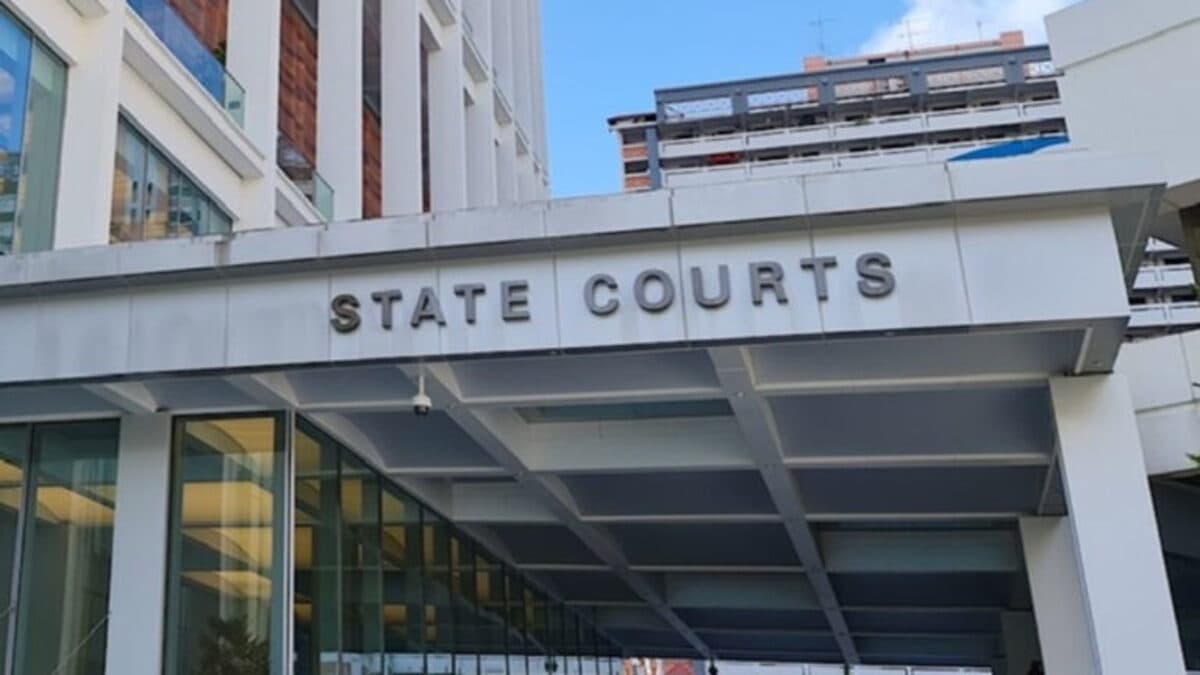
- Prosecutors applied for a discharge not amounting to acquittal against Benny Kee Soon Chuan, 32, ending his 11-month remand.
- Kee was charged in 2024 with conspiring to traffic 2kg of methamphetamine while abroad, a capital offence in Singapore.
- Arrested in Thailand in 2024, Kee was accused of operating a transnational drug network but maintains his innocence.
SINGAPORE — A Singaporean man who was extradited from Thailand to face a capital drug trafficking charge will be released from remand, after the prosecution applied for a discharge not amounting to acquittal on 8 September 2025.
The decision, confirmed in court, means that 32-year-old Benny Kee Soon Chuan’s charge has been withdrawn for now, but can be reinstated if new evidence comes to light. Kee had been in remand for more than 11 months following his arrest in Thailand and deportation to Singapore in September 2024.
Kee was originally charged in 2024 with conspiring with another Singaporean, Low En Quan Justin, to traffic methamphetamine in early December 2020. At the time of the alleged conspiracy, Kee was not in Singapore. The case centred around a parcel containing at least 2kg of methamphetamine, reportedly intended for delivery to a man named “Senthil Kumar” at a shop in Orchard Towers.
According to the Central Narcotics Bureau (CNB), Kee had allegedly directed Low to collect the parcel, which was picked up on 2 December 2020. Low was initially charged with a capital offence but later pleaded guilty to a reduced charge of attempting to traffic 249.99g of methamphetamine. He received 22-and-a-half years’ imprisonment and 15 strokes of the cane.
Following Monday’s court proceedings, Kee’s lawyer, Ramesh Tiwary, told CNA that his client “is innocent” and “very grateful to be reunited with his family.” Kee is expected to be released on the same day as the court’s decision. The prosecution did not provide a public explanation for withdrawing the charge. CNA reported that the Attorney-General’s Chambers (AGC) had been contacted for clarification.
Kee’s case had attracted public attention due to his fugitive status prior to arrest. Immigration records show that he had been outside Singapore since 11 April 2016. He was wanted in connection with two drug trafficking cases — one in December 2020 and another in November 2022.
After several years at large, Kee was arrested by Thai authorities on 17 September 2024 in Samut Prakan province, near Bangkok, following a tip-off from the CNB. He was deported to Singapore two days later and formally charged upon arrival.
According to Pol Lt Gen Panurat Lakboon, secretary-general of Thailand’s Office of the Narcotics Control Board (ONCB), Kee was allegedly running a transnational drug trafficking network from Thailand. He was described as a high-level trafficker involved in the distribution of crystal methamphetamine, ketamine, and Ecstasy to markets in Australia and Singapore.
Thai media reported that Kee entered Thailand using a Vanuatu passport. His visa was cancelled following his arrest, and assets valued at approximately 15 million baht (around S$585,000) were seized. These included luxury watches, gold items, and a high-end vehicle. Thai authorities said Kee had been “living in luxury” despite having no formal occupation.
Kee is believed to have links to a broader Singaporean drug trafficking network operating across Southeast Asia. In March 2021, Thailand’s Anti-Trafficking in Persons Task Force (AITF) intercepted several drug parcels bound for Singapore and Australia. Two Singaporean men, aged 21 and 29 at the time, were later convicted in Singapore for their involvement, with investigators linking those operations to Kee’s alleged network.
Under Singaporean law, trafficking more than 250g of methamphetamine carries the mandatory death penalty. While Kee’s discharge temporarily halts legal proceedings, it does not equate to an acquittal, meaning the case could be revived if the prosecution uncovers further evidence.
Legal experts note that such discharges are uncommon in capital cases, but may occur when current evidence is insufficient for prosecution. A discharge not amounting to acquittal allows authorities to continue investigations while releasing the accused from custody.
Kee’s release ends nearly a year of detention since his extradition, but his case remains a reminder of Singapore’s strict stance on drug offences and the regional cooperation underpinning its enforcement efforts.


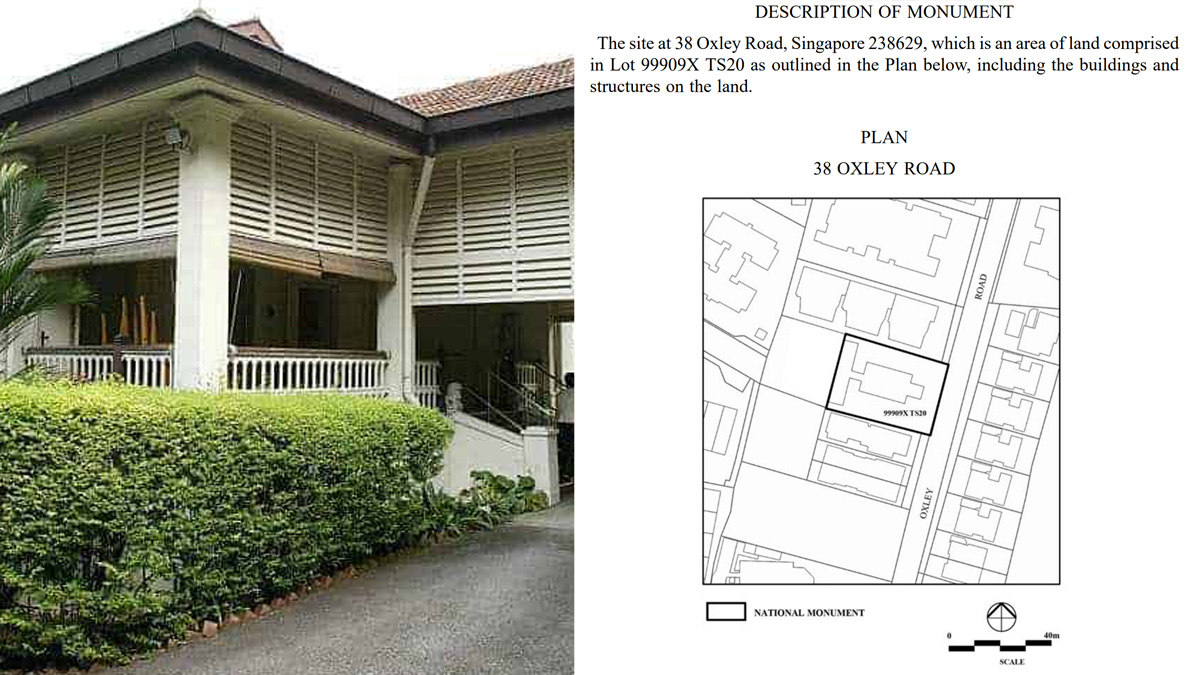
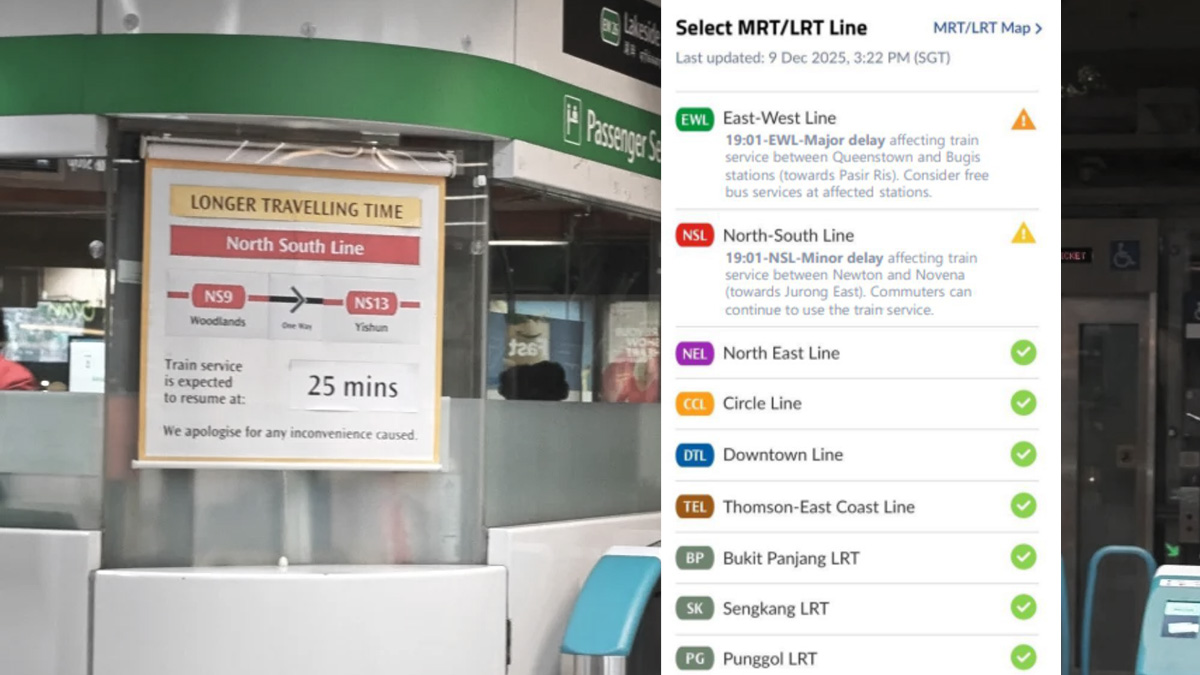
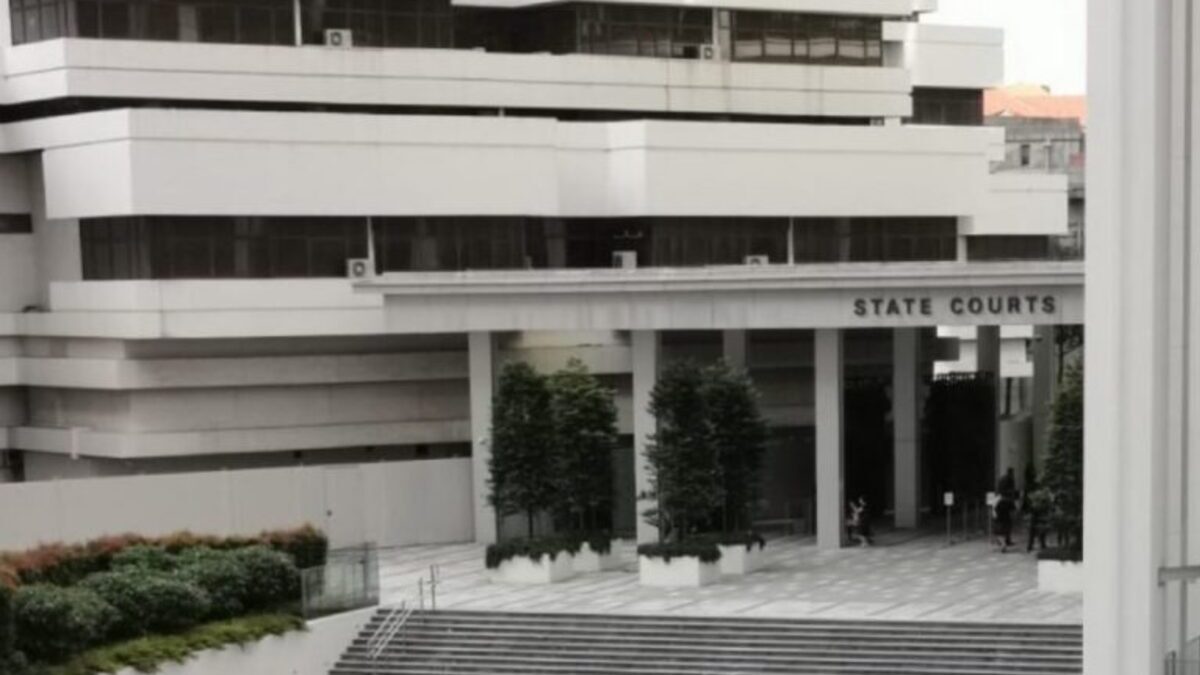
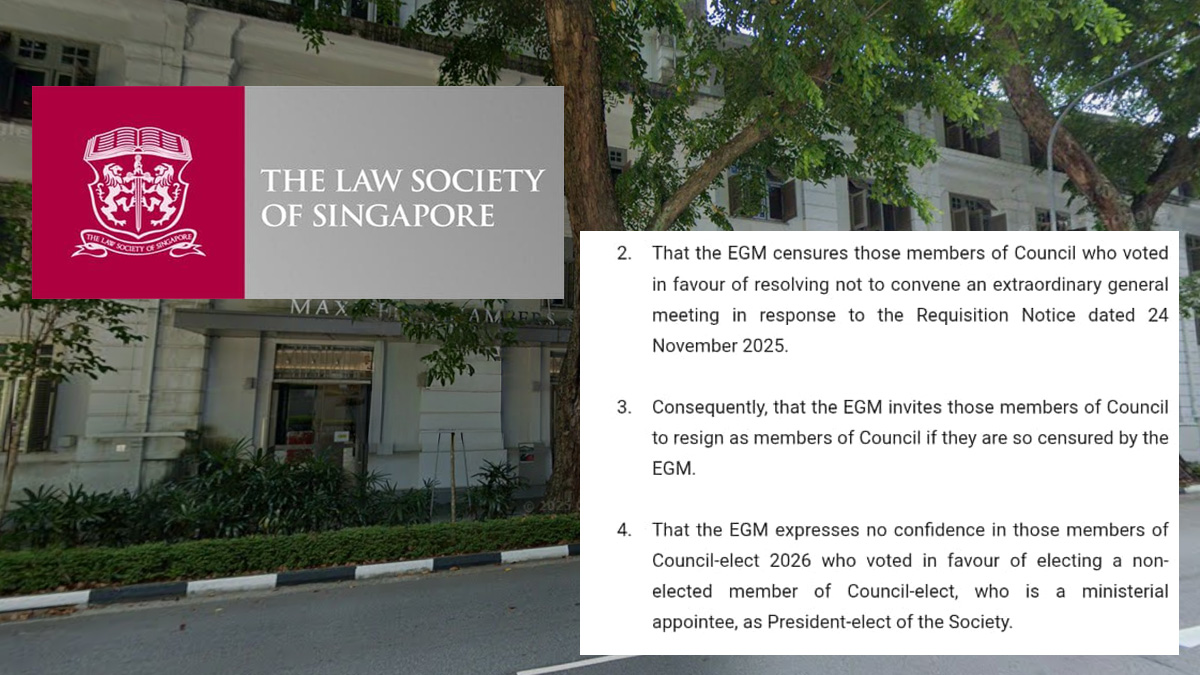
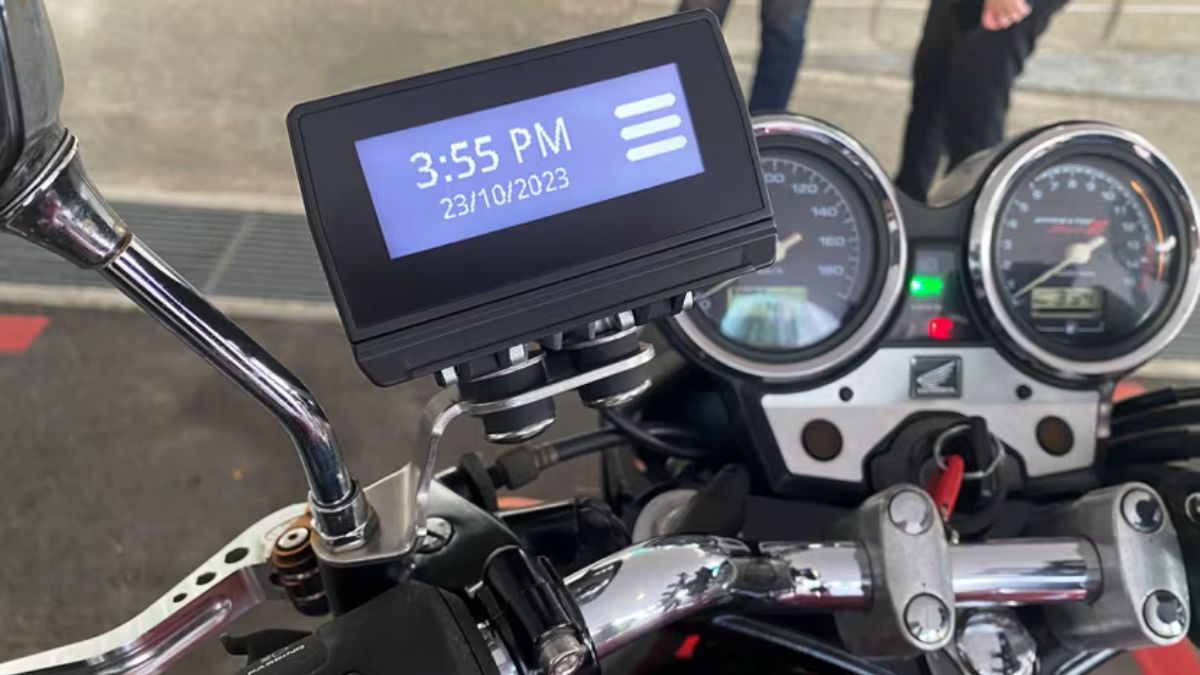

0 Comments